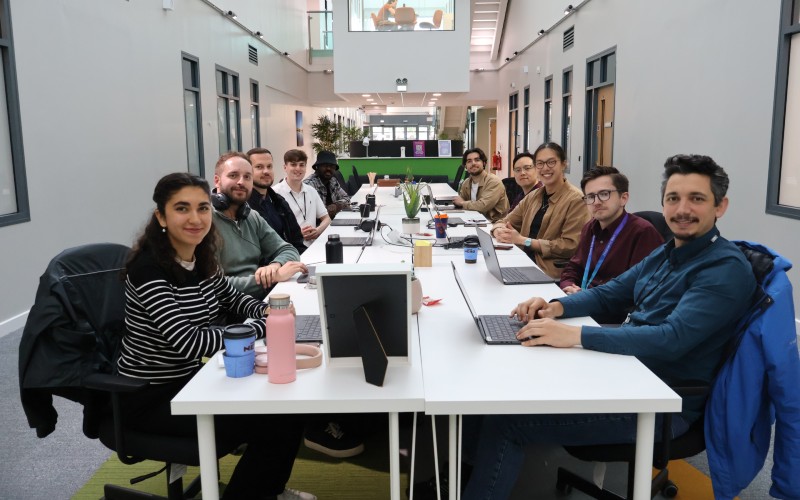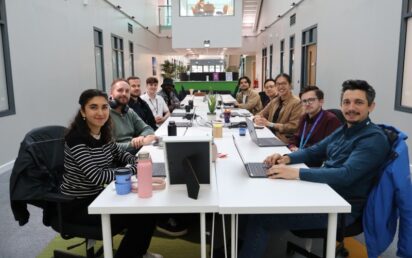Sunderland Software City has recruited 10 junior developers as part of an ambitious programme aimed at tackling the shortage of entry-level opportunities in the North East tech sector.
The initiative seeks to provide much-needed roles for aspiring developers while fostering growth and innovation within the regional tech ecosystem.
Sunderland Software City is dedicated to fostering growth and collaboration within the North East tech sector.
Through events, workshops, networking opportunities, and targeted support programmes, the tech sector support organisation strives to create a vibrant and inclusive tech ecosystem.
David Dunn, CEO of Sunderland Software City and Dynamo, said: “The North East tech sector faces a significant challenge. While there are a number of mid-to-senior level roles, entry-level positions are scarce.
“This disparity makes it difficult for new developers to find their footing in the industry. Companies often struggle to onboard early-stage talent due to limited resources and the perceived risks associated with training newcomers.
“We’re hoping this new programme will go some way in addressing this issue. Our endeavour would not be possible without the support of the North East Combined Authority.”
The developers have a wealth of skills between them; from front-end focused developers experienced in React to back-end developers skilled in Python, Java, full stack Node, NextJS and Android app development.
This new programme specifically targets junior, entry-level developers, providing them with hands-on experience and mentorship.
The goal of the initiative is to bridge the gap between learnt skills and real-world application, ensuring that new graduates and career changers can launch their tech careers.
Sunderland Software City say they’re not trying to compete with the private sector and they’re looking for collaboration opportunities.
Sunderland Software City and Dynamo – the Newcastle-based, industry-led tech and digital business network – joined together in 2022 to deliver industry-specific business support and significantly increase coordinated efforts to tackle the region’s digital skills gap.


